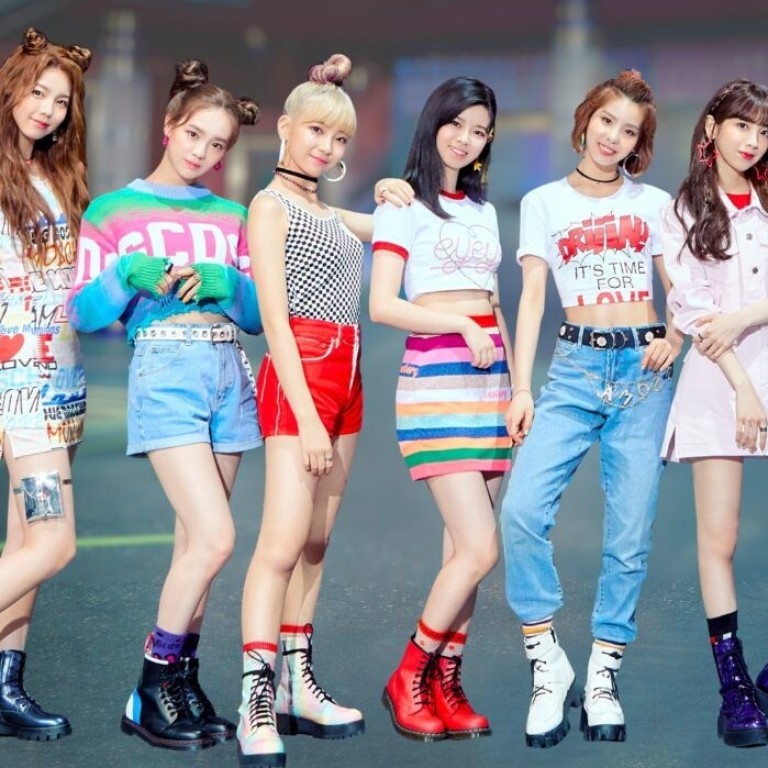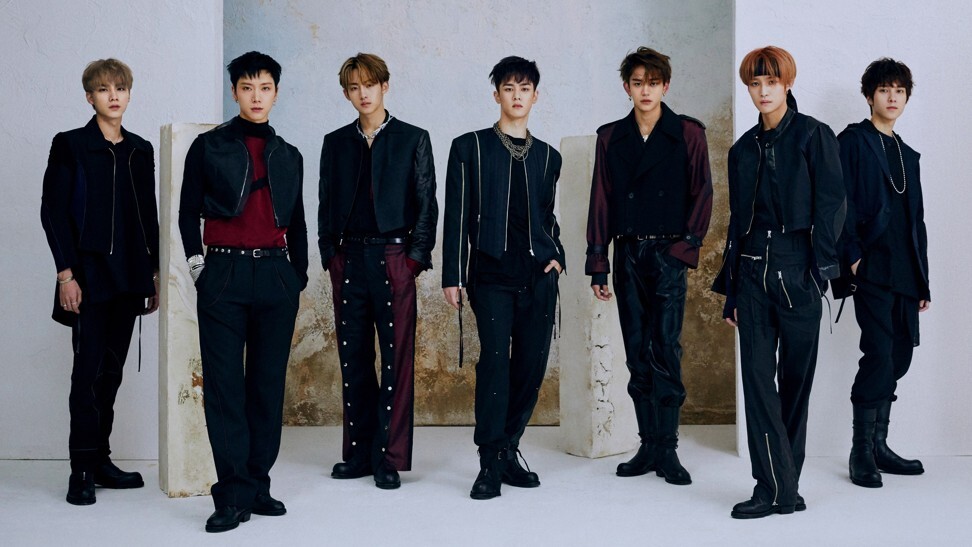
When is a K-pop group not a K-pop group? Rise of non-Korean bands worries some fans
- Many K-pop groups have non-Korean members, and they help with breaking into overseas markets. But some groups have no Korean members at all
- Some purists say such groups shouldn’t be considered K-pop groups at all
By Dong Sun-hwa
It’s not hard to find K-pop groups without any Korean members these days.
Entertainment companies use non-Korean K-pop acts such as these to make inroads into overseas markets, but the concept is not universally embraced, with some questioning whether they deserve to be seen as K-pop outfits at all.

One example came when NiziU took the Japanese charts by storm with the Japanese-language track Make You Happy. JYP’s founder/producer Park Jin-young was accused of exploiting K-pop’s formula for success to win over the Japanese market.
“With its global ascent, K-pop has become a source of national pride for Koreans, so they do not want to see labels taking their music elsewhere,” said Lee Gyu-tag, a professor of cultural anthropology at George Mason University Korea.
Ups and downs of Naomi ‘SexyCyborg’ Wu, Chinese tech-loving YouTube star
“Their antipathy toward K-pop bands without any Korean members also stems from fear that these acts might outstrip original K-pop groups. This shows they are not so self-assured about their music and culture.”
The professor said the K-pop industry’s Korean entrepreneurs had exported their know-how for success for many years.
“Some Koreans also worry K-pop’s creativity might be stolen, but they should remember that K-pop is essentially a mixture of American and Japanese music, which means it is not completely original,” Lee said.
“But it did develop some unique features – such as slick choreography, distinctive make-up styles and a specialised training system – and these are already recognised worldwide as K-pop’s competitive edge.”
And non-Korean fans may not fully embrace such groups, according to Patty Ahn, a communications professor at the University of California, San Diego, who studies Korean pop culture. Ahn specifically referred to the case of black fans in the US.
“Many black fans in the US tend to develop an emotional connection to Korean culture once they get into K-pop,” the professor said. “Their interest in the music gradually led them to take Korean language classes or watch Korean dramas, so when they believe the Korean style has been somewhat removed from K-pop, they seem to feel disoriented and disrupted.”

Still, Lee and Ahn agreed that K-pop groups without any Korean members would continue to spread across the world.
“We will see similar groups as K-pop management companies – which are known for their flexibility – keep expanding,” Ahn said. “They will experiment, take risks, adapt, adjust and try again.”
Their antipathy toward K-pop bands without any Korean members also stems from fear that these acts might outstrip original K-pop groups. This shows they are not so self-assured about their music and culture
Lee said non-Korean K-pop acts could one day be seen as a different genre altogether.
“Korean hip hop, for instance, is quite distinct from hip hop born in America, so it often falls into a separate category,” he said. “Likewise, the music of these acts is also likely to get a new name like JK-pop (Japanese K-pop) or CK-pop (Chinese K-pop.)”

